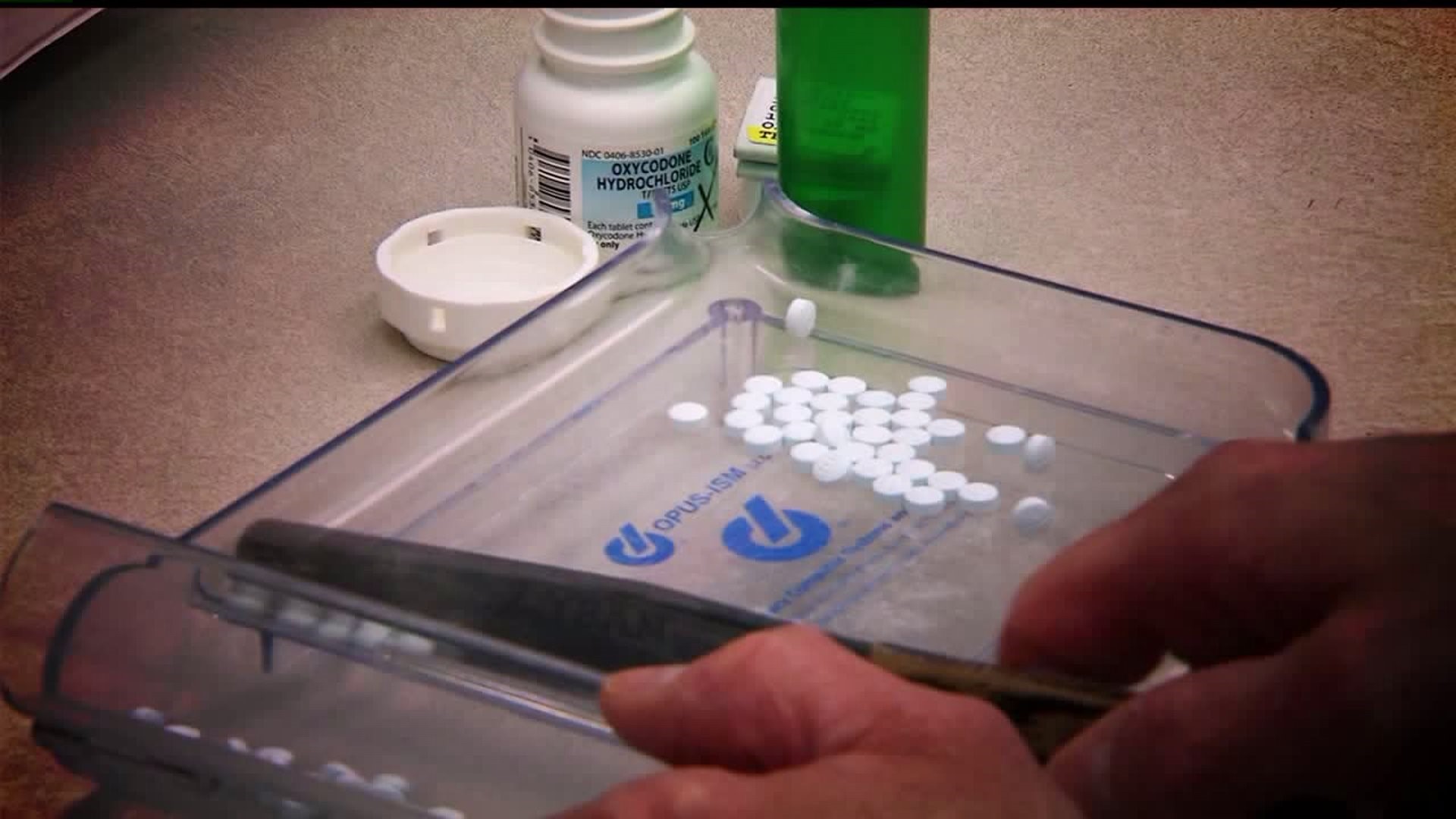HARRISBURG, Pa. - Calling heroin and opioid addiction one of the worst health crises in decades, Governor Tom Wolf Wednesday signed a statewide disaster declaration that allows the state to do more to fight the drug epidemic.
It is a 'first-of-its-kind' declaration in a health emergency, officials said, and the latest step in the fight against heroin and opioids.
"We know that this crisis does not discriminate," Wolf said. "It hits every age level, every creed, color and income level. It hits rural and urban areas. It hits all regions of the state, north, west, east and south."
There are 13 initiatives set forth in the declaration, including the creation of an opioid command center at the Pennsylvania Emergency Management Agency.
"Our role is really focused in on doing the things we normally do in any disaster, whether it's gathering information from a situation awareness perspective, working with state agencies identifying problems, and working with them on what they have, the ability to provide the resources to solve those problems," said Rick Flinn, director of PEMA.
Click here to see a full list of the initiatives set forth.
There are several reclassifications under the declaration. Overdoses and neonatal abstinence syndrome are now reportable conditions to the health department, giving them better data on where non-fatal overdoses are taking place to send resources.
"They are disease,s they are not a moral failing and this disease in Pennsylvania has reached this epidemic proportion," said Dr. Rachel Levine, Pennsylvania's acting secretary of health and physician general. "It is a public health emergency. It is the worst public health crisis that we have faced in Pennsylvania."
Several regulations will also be waived that officials say will expand access to treatment.
There are also some expansions of data sharing like the prescription drug monitoring program that they say will make sure doctors and patients are in compliance.
"What this declaration does is allows us to bring even more energy and more drive behind all of those initiatives," said Jennifer Smith, the state's acting director of drug and alcohol programs.
The declaration is valid for 90 days because that is the maximum allowed under the state Constitution. Administration officials said there has already been discussion about extending it into the future.

